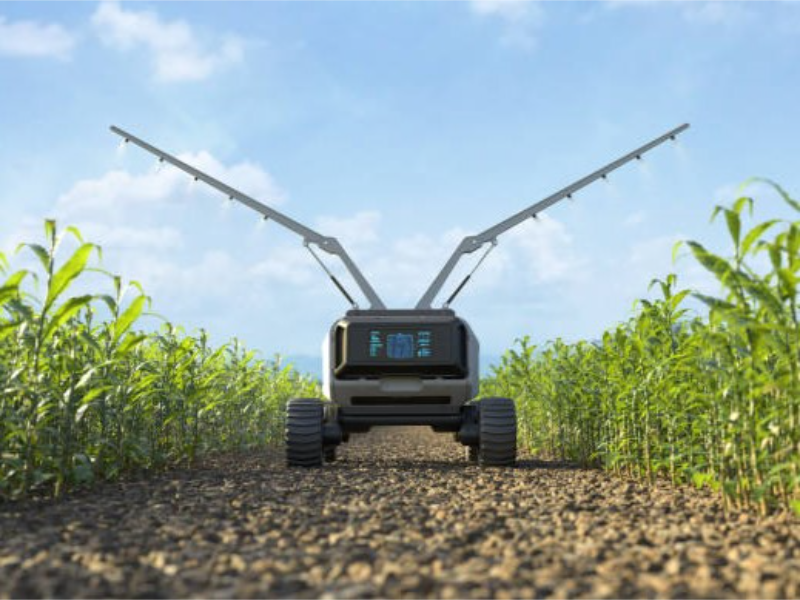- AI can significantly improve healthcare, education, and agriculture in developing countries, leading to better living standards.
- Challenges such as infrastructure, investment, and education need to be addressed to fully realise AI’s potential in these regions.
AI holds the promise of revolutionising various aspects of life worldwide, and developing countries are no exception. By harnessing the power of AI, these nations could leapfrog traditional developmental hurdles, addressing critical issues in healthcare, education, and agriculture. This blog explores how AI could transform life in developing countries, highlighting both the potential benefits and the challenges that need to be overcome.
The potential of AI in developing countries
1. Healthcare: Revolutionising access and treatment
AI has the potential to drastically improve healthcare systems in developing countries. AI-powered diagnostic tools can help in early detection of diseases, even in remote areas where medical professionals are scarce. For example, AI algorithms can analyse medical images to identify conditions like tuberculosis or cancer with high accuracy. Additionally, AI chatbots and virtual health assistants can provide basic healthcare advice and triage, reducing the burden on overworked healthcare systems.
2. Education: Enhancing learning opportunities
In the field of education, AI can play a transformative role by providing personalised learning experiences. Adaptive learning platforms can tailor educational content to meet the needs of individual students, helping them to learn at their own pace. Moreover, AI-driven tools can bridge the gap in teacher shortages by offering interactive tutoring and mentoring. Language translation tools powered by AI can also make educational resources accessible to non-native speakers, broadening the reach of quality education.
3. Agriculture: Increasing efficiency and yield
Agriculture is a critical sector in many developing countries, and AI can significantly enhance productivity and sustainability. AI technologies can analyse vast amounts of data from various sources, such as satellite images and soil sensors, to provide actionable insights for farmers. These insights can help optimise planting schedules, monitor crop health, and predict pest infestations. AI-driven precision agriculture can lead to higher crop yields and more efficient use of resources, which is crucial for food security in these regions.
Also read: Countries with fewer internet laws and restrictions
Also read: Key findings on the current state of global AI governance
Challenges to overcome
1. Infrastructure: Building the foundation
For AI to reach its full potential in developing countries, robust infrastructure is essential. This includes reliable internet connectivity, electricity, and data storage capabilities. Many rural areas still lack these basic necessities, which can hinder the implementation of AI solutions. Investment in infrastructure development is crucial to support the widespread adoption of AI technologies.
2. Investment: Funding the future
Significant financial investment is needed to develop and deploy AI technologies in developing countries. Governments, private sectors, and international organisations must collaborate to provide the necessary funding. Public-private partnerships can play a key role in driving innovation and scaling AI solutions. Additionally, developing countries need to foster an ecosystem that encourages local AI startups and innovation.
3. Education and skills: Empowering the workforce
To fully leverage AI, there is a need for a skilled workforce that can develop, deploy, and maintain AI systems. Education systems in developing countries must adapt to include training in AI and related technologies. This involves updating curricula, providing access to relevant resources, and creating opportunities for hands-on learning. Equipping the next generation with AI skills is essential for sustainable development and technological advancement.

